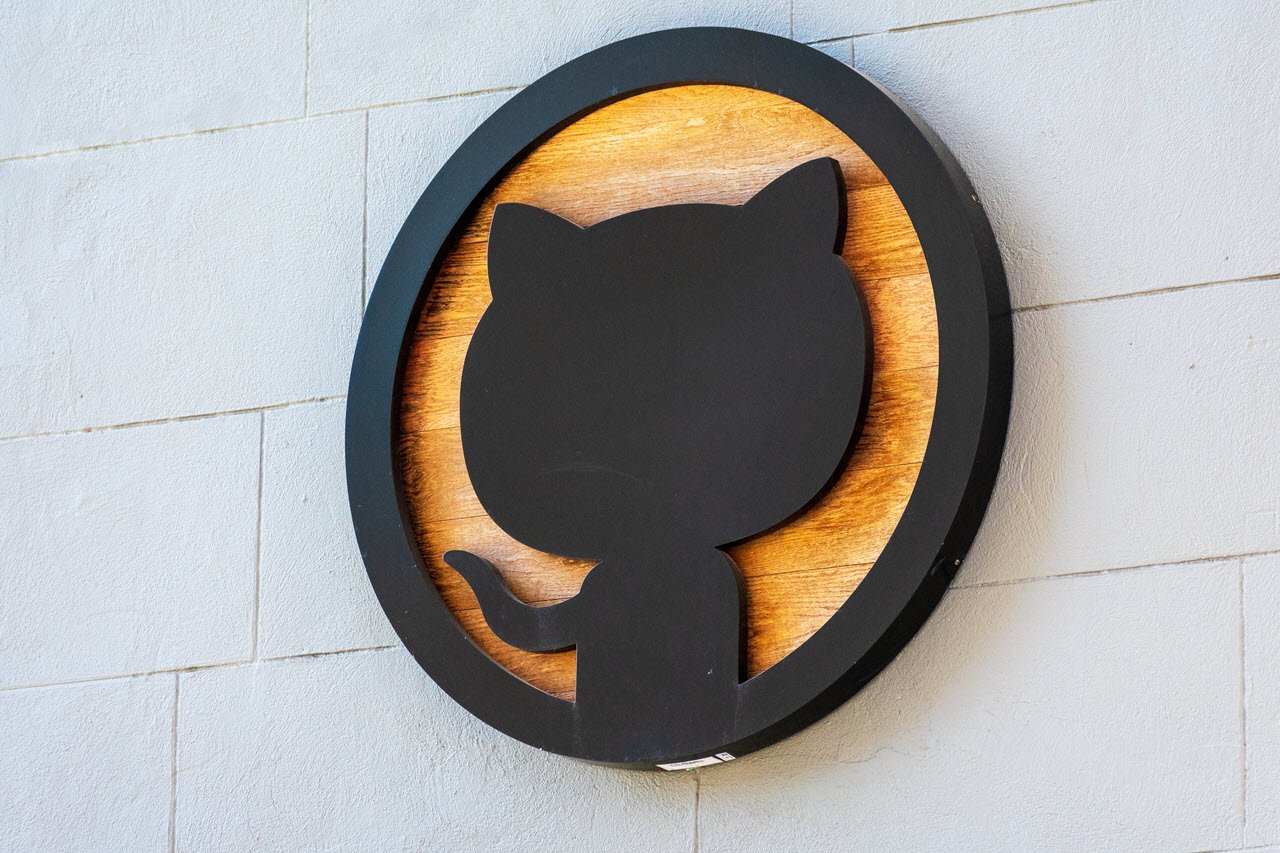Dev C++, created by Bloodshed programming, is a free IDE for programming in C/C++. It works with Windows 7, 8 and 10 and can be used to compose Windows or control centre based C/C++ programs effectively, and you can also make an installer for your application.
In this article, we’re going over what is the Dev C++ build error, and quick fixes for the error.
What is the Dev C++ build error?
Build represents a compilation of the code. If the code is built successfully, it is now executable and does not have any errors. An error is the illicit use of commands or operations, leading to abnormal functionality. An error prevents the code from being built or compiled and hence becomes non-executable.
There are five different types of errors commonly seen in C/C++.
- Syntax error
- Run-time error
- Linker error
- Logical error
- Semantic error
The syntax error is also known as compilation error or build error.
Syntax errors
Syntax errors occur due to a violation of the basic rules or syntax for writing the code in the C/C++ language. This error prevents the code from getting compiled. All the syntax errors detected by the compiler need to be resolved for the code to compile successfully.
The most common syntax errors are forgetting to put a semicolon, incorrect number of parenthesis and using a variable without the declaration, among others.

Note the words failed and Error 1 in the snipped above. This indicates that the code ran into a build error.
Also read: How to create a project in Dev C++?
How to fix a Dev C++ build error?
Ensure that the version being used is the latest and is supported by your device.
The first step to follow when a build error occurs is to check the errors and the lines where it is happening. Then, under the Compiler tab in the bottom panel, the error message is mentioned alongwith the line number.

Follow the message and attempt to debug the code. The error in the above snippet is expected ‘;’ before return, which indicates that the 6th line is missing a semicolon.
Paranthesis
Build errors may occur due to the incorrect opening/closing of the parenthesis or an incorrect number of them. Always make sure that function calls like main(), or any other user-defined function has the opening and closing brackets next to them with or without the parameters in them depending on the type of function.
When writing a conditional statement like if, if-else, for, switch, while and others, double-check the number of opening parenthesis. Nested loops might often have a confusing set of brackets. Always keep practising making both the start and end set of parenthesis when starting a new loop.
Spell check
While coding, the spellings of variables, functions, methods, and keywords often go wrong and sometimes may not be detected as a spelling error in the console, which makes it tricky to fix the errors. C/C++ is a case-sensitive language.
All user-defined variables, functions and methods must be called in the same case for the code to build error-free. Try to keep the names of variables and functions easy to remember, something meaningful to its function in the code and not very complicated in terms of the casing.
Semicolon
Forgetting a semicolon is one of the worst nightmares of any coder. The absence of a single semicolon can prevent the entire program from building.
If the semicolon is missed within a loop, it can cause many more errors that may make no sense. Ensure to insert a semicolon after every single line of code, with the given exceptions of functions and beginnings of loops.
Data type
Every initialised variable and user-defined function has a specific data type. Data types include int or integer, str or string, float and many others. Using the wrong data type under these variables can cause the entire program to break down.
When writing a command for taking input or initialising the values for the variables, double-check the originally initialised data type for it. If the function is an array or tuple, or dictionary, check all the individual parameters before calling them.
Syntax
While C and C++ are both similar and can be written in the same software, there are a few key differences in the syntax of the two languages. For instance, the commands for input and output in C are scanf and print; on the other hand, cin and cout are C++ commands.
Writing a C code in C++ and vice-versa often leads to syntax errors that may be correct in the other language. Always use syntax for the language in which the file/project was created.
Another important aspect of the syntax is the include files. There are specific header files to be written initially in the code to use specific functions like input-output, mathematical functions and others. The absence of header files prevents the function from being verified and used; hence the build may fail.
Also read: How to add a header file in Dev C++?





